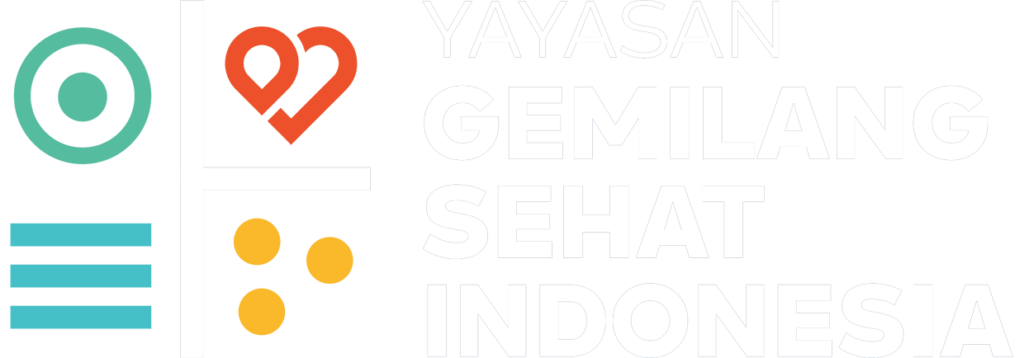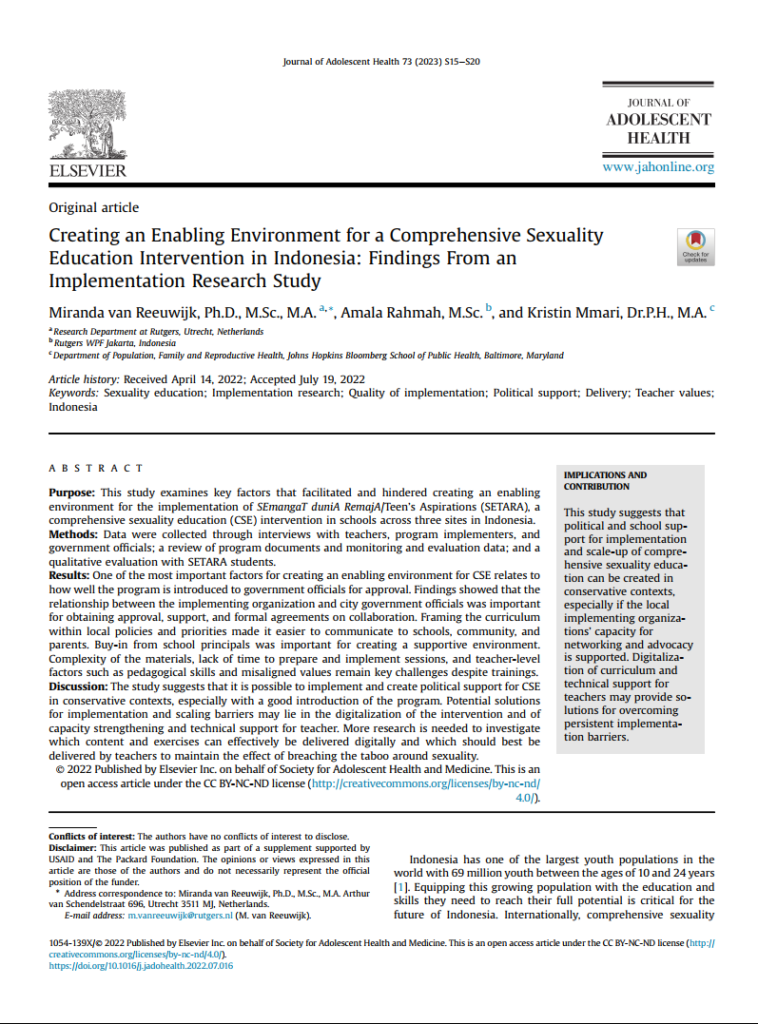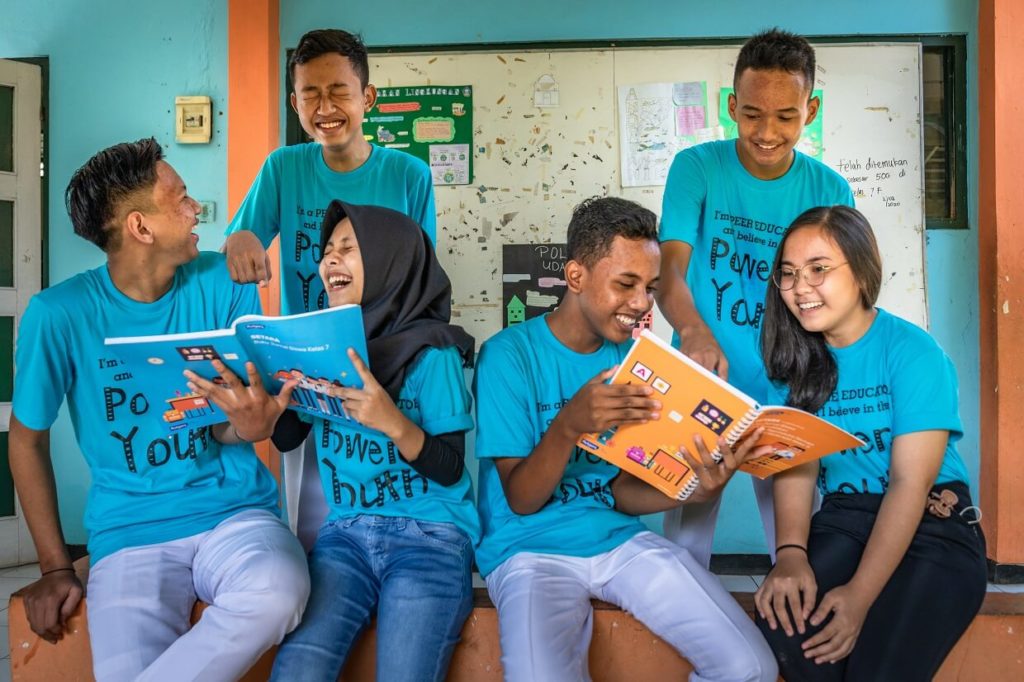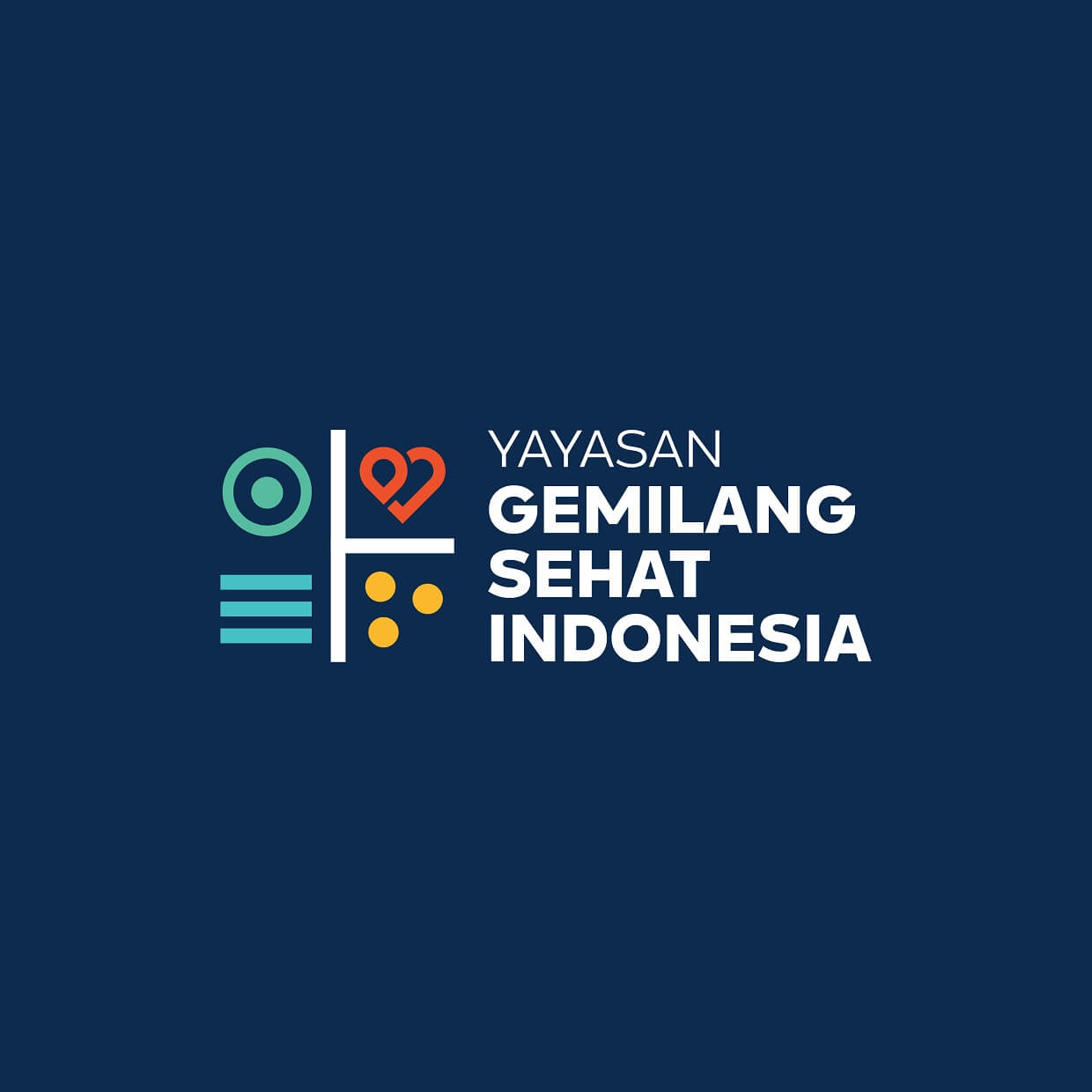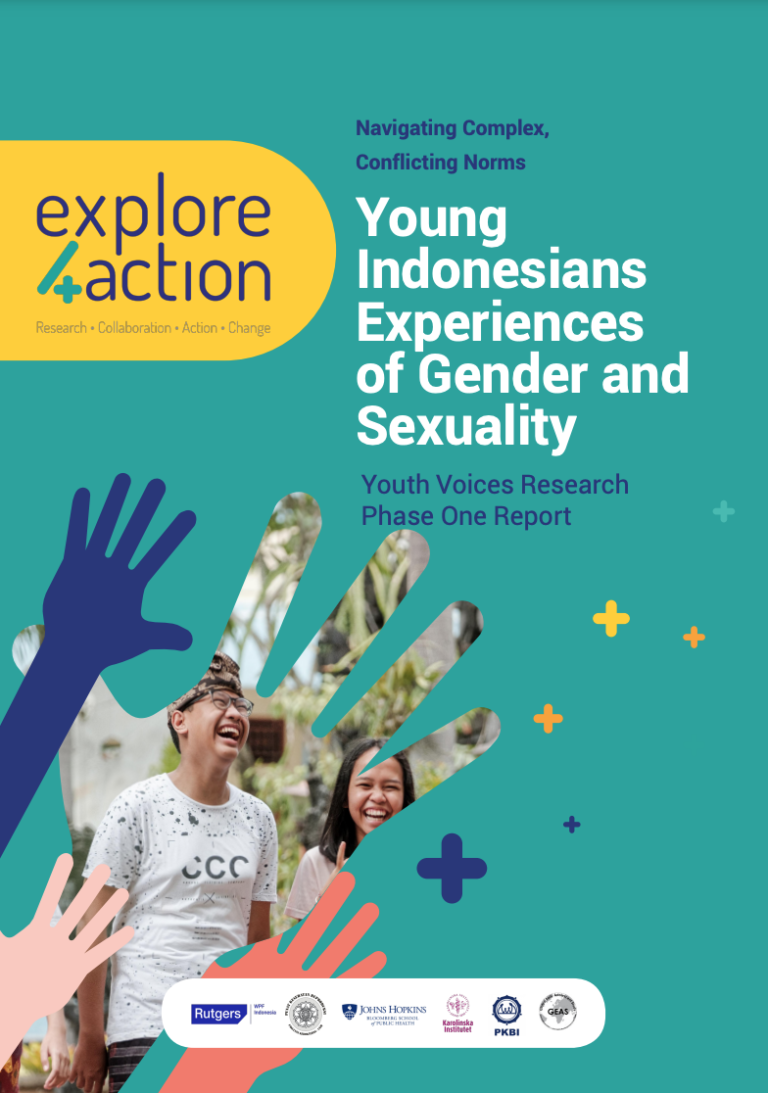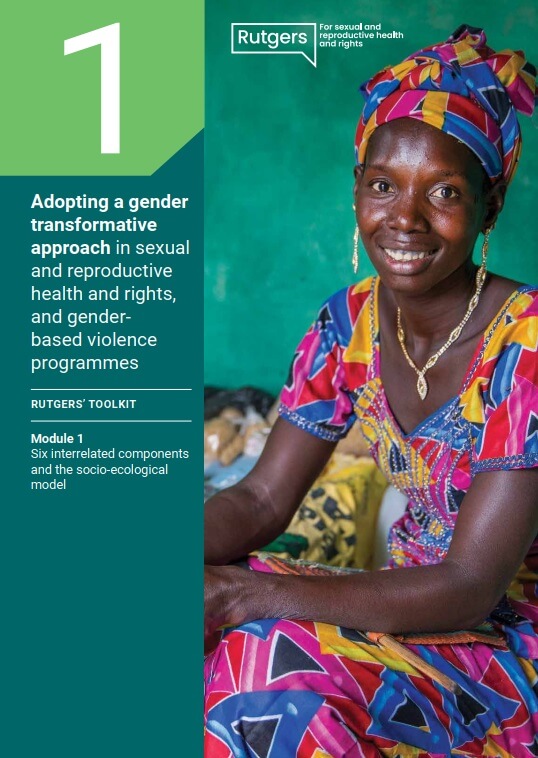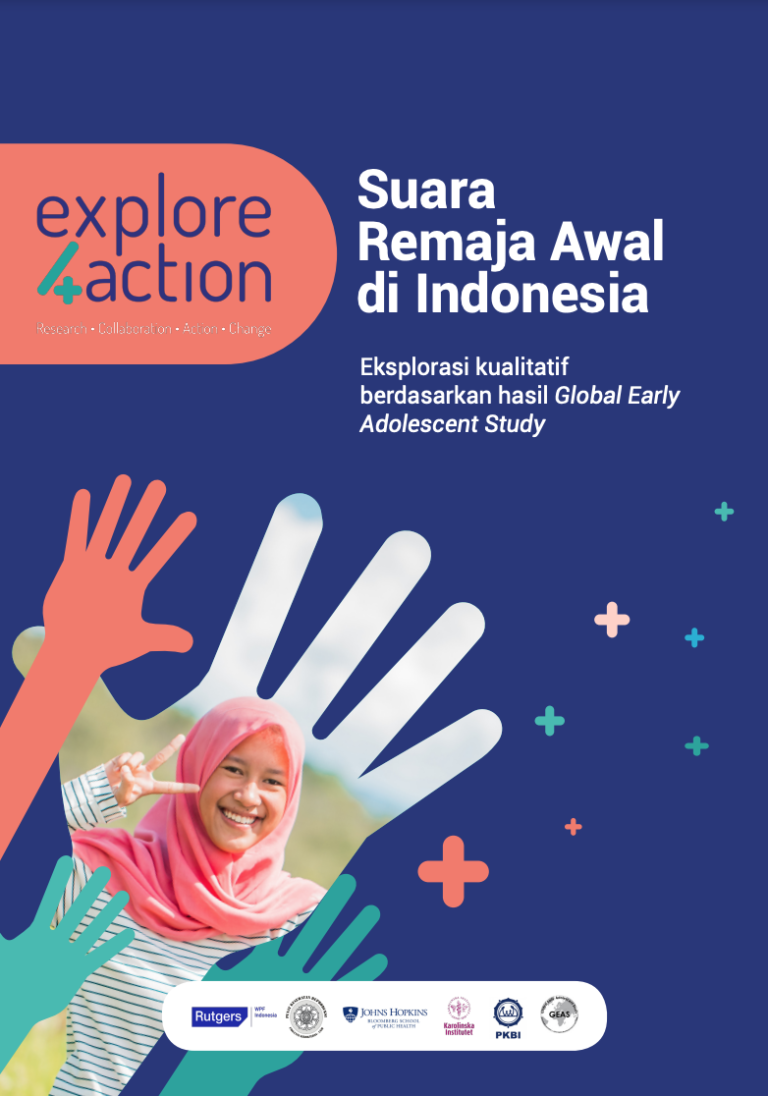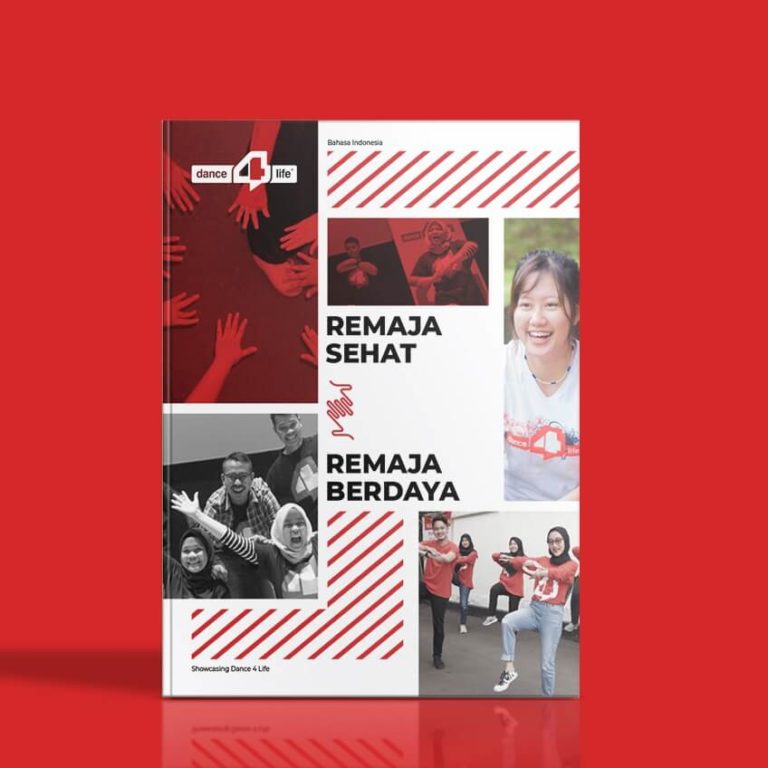An article that examines key factors that facilitated and hindered creating an enabling environment for the implementation of SEmangaT duniA RemajA/Teen’s Aspirations (SETARA), a comprehensive sexuality education (CSE) intervention in schools across three sites in Indonesia.
The study resulted several key factors which one of the most important factors for creating an enabling environment for CSE relates to how well the program is introduced to government officials for approval. Findings showed that the relationship between the implementing organization and city government officials was important for obtaining approval, support, and formal agreements on collaboration. Framing the curriculum within local policies and priorities made it easier to communicate to schools, community, and parents. Buy-in from school principals was important for creating a supportive environment. Complexity of the materials, lack of time to prepare and implement sessions, and teacher-level factors such as pedagogical skills and misaligned values remain key challenges despite trainings.
